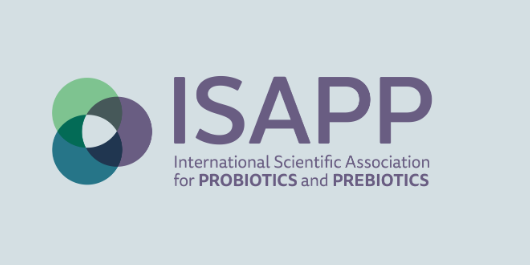
Studies have indicated that there is communication between cognitive, emotional, and behavioural brain centers on one side and the gut on the other, the so called gut-brain axis.
Autism Spectrum Disorder (ASD) is a neurological and developmental disorder that affects how people interact, communicate, learn, and behave. There is accumulating evidence that the gut microbiome plays an important role in this. Although the research field on the role of probiotics in ASD is still developing, they may well beneficially affect ASD.
Altered composition of the gut microbiome
Among sufferers from ASD, gastrointestinal (GI) symptoms are common: 70% of the patients experience constipation, diarrhoea, and GI pain. The intensity of GI symptoms is positively correlated with ASD severity. Based on these observations, dietary interventions like gluten- and casein-free diets have been attempted, and although results have varied, the observed symptom improvements may suggest that components of the GI tract are involved in ASD. In the gut microbiome, less beneficial bacteria (such as Bifidobacterium, Prevotella, and Akkermansia) and an increase in pathogenic bacteria (such as specific Clostridia strains) have been found. The strong eating preferences that children with ASD often have may explain the disruption of the gut microbiota.
Malfunction of the gut-brain axis
Studies have indicated that GI bacteria are frequently involved in bidirectional interaction with the brain. Through this so called ‘gut-brain axis’: the cognitive, emotional and behavioural brain centres on one side communicating with the gut on the other. Disruption of the composition of gut bacteria can potentially cause the gut-brain axis to malfunction, leading to behavioural and gut problems linked to disorders like ASD. A number of potential mechanisms, both direct and indirect, by which the gut microbiota may impact these disorders have been proposed. Direct mechanisms include stimulation of the vagus nerve and production of psychoactive metabolites. The indirect mechanisms include increased GI tract permeability, allowing leakage of bacterial products to the blood, and thus result in low-grade systemic inflammation. Preclinical studies using several animal models have shown that influencing gut bacteria affects social interaction and stereotyped and/or anxious behaviour.
Probiotics have effective properties
This means that microbiota-based treatments like diet, fecal transplantation, and probiotics could restore the disturbed balance. Fecal transplantation has been shown to improve several symptoms, such as hyperactivity and impairment of social skills and speech, but the lack of a control group limits the validity of these results. In contrast, the use of probiotics is seen as a promising therapy for ASD patients. Probiotics can have a general effect, meaning that different probiotic strains (multispecies) – regardless of the species – contribute to a healthy bacterial balance and diversity. Probiotics can also have a specific impact through their rare or frequent effects. Only a few specific probiotic strains can have an impact through their neurological, immunological, or endocrine properties. More frequent properties include the ability to produce vitamins, to strengthen the intestinal barrier function, and improve enzymatic activity. Several studies show that probiotics with more common abilities may be able to produce a positive effect in these and potentially other ways.
No ‘one size fits all’
In conclusion, while there is good evidence that gut bacteria may play a role in ASD, the specific role of probiotics has not yet been fully scientifically established. Many factors complicate the research. These include: the large diversity of possible probiotics; the heterogeneity in the microbiota itself; external influences that are difficult to control; heterogeneity in ASD symptoms; and the great many factors contributing to the development of ASD symptoms. Hence the extreme difficulty in establishing one-size-fits-all guidelines. Therefore the health care professional is still called upon to consider first the unique, specific situation of the patient and then if and what gut-microbiota intervention should be applied.






